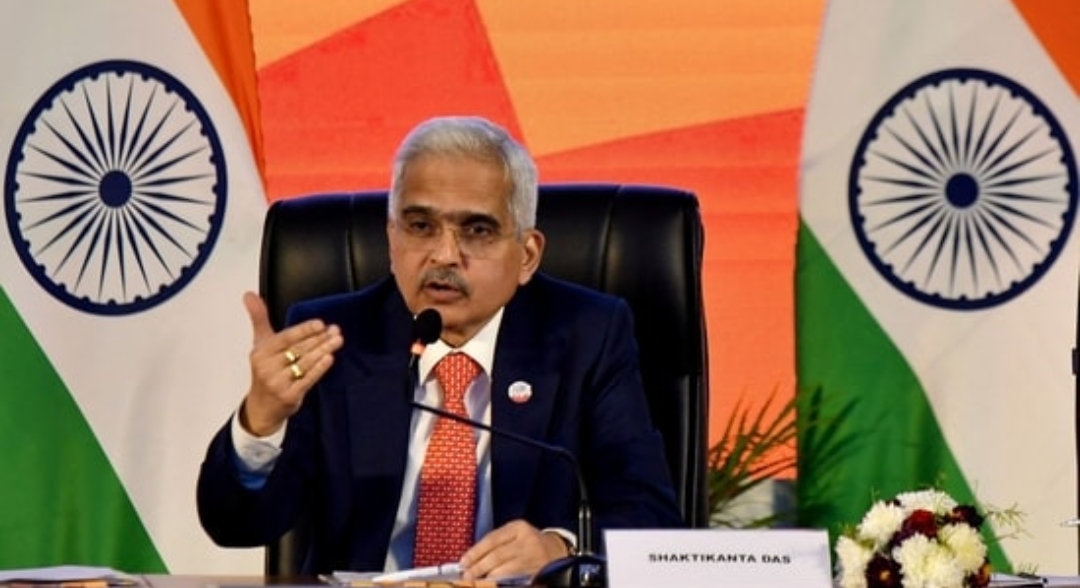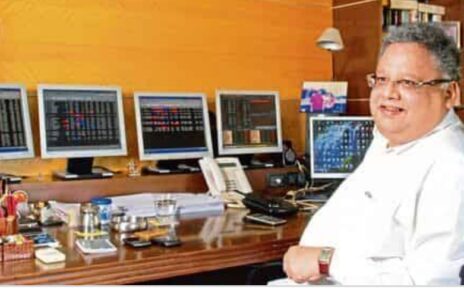Amid sticky inflation, the Reserve Bank of India decided to keep the policy repo rate unchanged at 6.5% with ‘readiness to act should the situation so warrant’, RBI governor Shaktikanta Das announced on Thursday after the monetary policy committee meeting.
“We are witnessing unprecedented uncertainties in geopolitics and economy,” said governor Das while adding that RBI will remain focused on withdrawal of monetary policy accommodation. Governor Das said the decision to pause was ‘for this meeting only’ indicating more rate hikes if necessary. “India’s economic activity remains resilient with real GDP growth expected at 7% in FY23,” said Das. The RBI has marginally raised GDP growth projection for FY24 to 6.5 % from 6.4 %.
The decision to keep the key lending rate unchanged was taken based on ‘assessment of the current macroeconomic and financial conditions’. Das said that the ‘war against inflation will continue until durable decline in inflation closer to target is seen’. India’s current account deficit for the first three quarters of FY23 stood at 2.7% of GDP and is expected to remain moderate in the fourth quarter, too, added Das.
Ahead of the RBI policy decision, the rupee depreciated by 5 paise to 81.95 against the US dollar in early trade. At the interbank foreign exchange, the domestic unit opened weak at 81.95 against the dollar, registering a decline of 5 paise over its last close. In initial trade, the local unit also saw a high of 81.88 against the greenback.
In the last Monetary Policy Committee meeting in early February, the RBI decided to raise the repo rate by 25 basis points to 6.5 per cent. So far, RBI raised the repo rate, the rate at which it lends to banks, by 250 basis points cumulatively since May 2022. RBI started its first bi-monthly review of the new financial year with its Monetary Policy Committee meeting on April 3, April 5 and April 6. The central bank has six bi-monthly reviews of its monetary policy in a year. And, there are out-of-cycle reviews in which the central bank conducts additional meetings in times of emergency.




